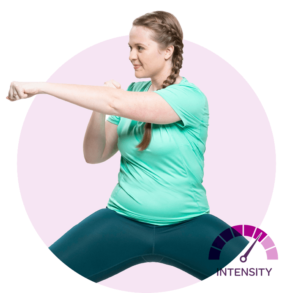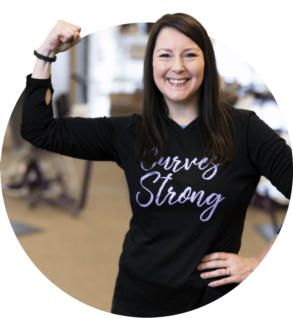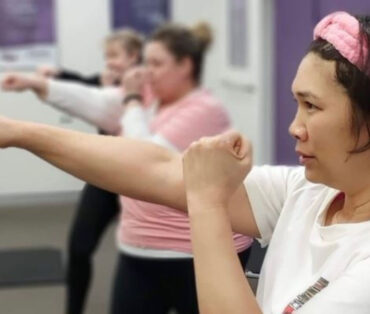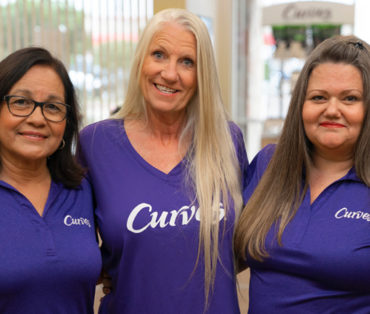Self-Care Health Tips for Caregivers
It’s part of our nature as women—an innate propensity to care for others. We calm a crying toddler in the middle of the night, prepare meals for our family, and shuttle kids to and from soccer practice. Then, usually later in life, many of us find ourselves taking care of an adult—driving a friend to chemo treatments, managing a parent with Alzheimer’s, or perhaps feeding and dressing a spouse with ALS who has lost basic life skills.
According to the National Alliance for Caregiving1, there are approximately 50 million caregivers in the United States (24 percent of all adults) providing care to someone who is ill, disabled, or aged. The majority of those caregivers are women. As women, we give of ourselves generously, deeply, and with love. But sometimes, we give too much, and the consequences can be serious. Women who care for a family member with a severe illness such as Alzheimer’s disease are at increased risk for mental health problems2, namely anxiety and depression.
Depression is the most significant mental health problem, but caregivers also experience anger and anxiety—sometimes intensely. Over time, these emotions erode the body’s defenses against illness and increase the risk for high blood pressure and other cardiovascular diseases.3As such, it’s important to take good care of yourself, especially if you are caring for others. You know how when you’re on a plane, the flight attendant tells you to put the oxygen mask on yourself before helping anyone else? It’s because if you’re not okay, you aren’t any good to anyone else.
Here are some health tips to help you take good care of yourself while you care for a loved one.
Make time for yourself and take regular breaks
Research has shown, caregivers who use adult day services (adult day care) for a relative with dementia experience less anger and depression, and, as a result, fewer unhealthy physiological responses to those emotions.
Don’t be afraid to ask for help
Some women may feel that asking for help is admitting they can’t handle the demands of caregiving. Give yourself credit for all that you are doing, recognize the size and number of responsibilities you are carrying, and then ask a family member or friend to share the load.
Find healthy ways to relieve stress
Exercise, meditate, listen to music, read a good book, take a hot bath. Go to Curves and alleviate anxiety with an intense full body workout, or, to create some calm, try the Balance classes,‡ which blend centering moves into the traditional circuit. These Curves articles are packed with tips to help you better understand and manage stress:
- How to Say Goodbye to Stress
- 5 Easy Ways to Banish Stress
- Keep Your Stress in Check: Surprising Strategies
- Hacking Your Stress Levels Through Stretching
- Exercise to Relax: How Workouts Reduce Stress
And don’t forget to check out Curves Stretching & Stress Management class.
When you feel stuck, try just one thing
If your situation seems overwhelming and you feel helpless in the face of it, identify just one positive action you can take, and then do it. If you can manage just one behavior of dementia in the person you’re caring for or get someone to come over and give you a break, for example. When you see it works, it will open the gates for you to try other things.
Taking care of a loved one who is very ill or disabled is a difficult and sometimes thankless job. Give yourself credit for all that you do and be sure to make your health a priority too. Engaging in a full-body workout and following a nutrition plan, like the ones available at Curves, is the perfect form of self-care. At Curves, you will also get the support and camaraderie that go along with membership in a women-only gym.
Curves offers a variety of exercise classes for women — high-intensity women’s boxing classes and cardio classes, medium to low-intensity women’s fitness classes, and low-intensity women’s balance classes. Each class is designed to to give you an effective total body workout in just 30 minutes! Find your local Curves gym here and get started today!
Sources
1 National Alliance for Caregiving








